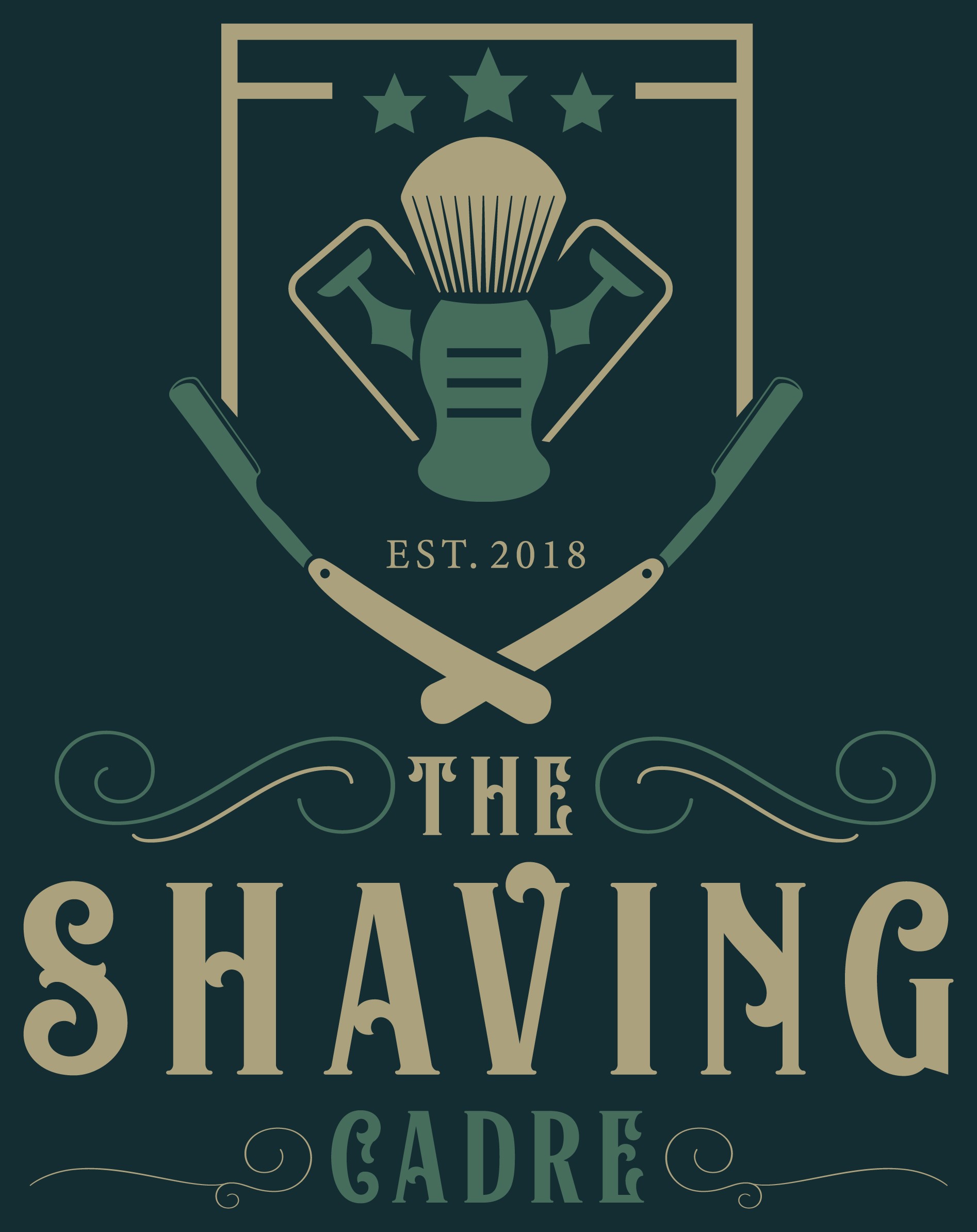I am considering jumping into the amateur radio space. I used to think that it was way too expensive for me to consider. I do understand that if you want to spend 200K plus, it's is fully possible. But I also recently realized that you can get started as a beginner for VERY reasonable prices. Just saw a handheld today for about $30. I understand that cheapest isn't always the best rout...but it seems that between handhelds and portables, this hobby is easy to get into. I know I need a license...but just wondering some thoughts on those here that are HAM operators. Some questions I am wanting answers to:
Best way to prepare for a test
Best beginner setup that won't break the bank
Any additional information the seasoned vet is willing to impart to someone who is less than a newbie
There are no limits to the amount of websites that give their best of...but I trust the Cadre more than them, I appreciate any info the wise Cadre has to offer.
Best way to prepare for a test
Best beginner setup that won't break the bank
Any additional information the seasoned vet is willing to impart to someone who is less than a newbie
There are no limits to the amount of websites that give their best of...but I trust the Cadre more than them, I appreciate any info the wise Cadre has to offer.


